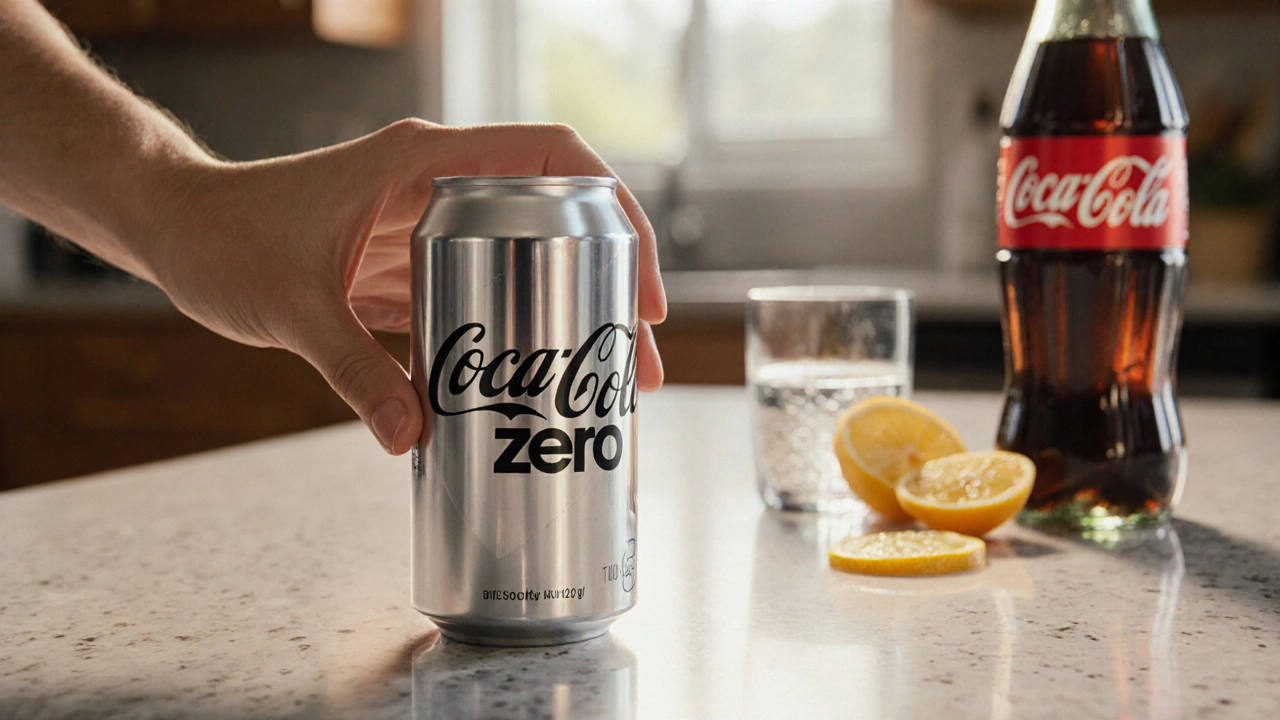Artificial Sweetener Safety
When talking about Artificial Sweetener Safety, the assessment of health risks linked to sugar‑free sweeteners used in beverages and foods. Also known as sweetener safety, it matters for anyone reaching for a diet soda or a zero‑calorie energy boost.
Another key player is Artificial Sweeteners, compounds like aspartame, sucralose, and stevia that replace sugar without adding calories. They enable Low‑Calorie Drinks, beverages formulated to deliver taste while keeping calorie counts low. These drinks often fall under the broader category of Energy Drink Ingredients, the mix of caffeine, vitamins, and sweeteners that power a quick boost. Understanding how each piece fits together helps you decide what’s safe to sip.
Why the Safety Talk Matters
Regulatory agencies evaluate artificial sweetener safety by looking at toxicology studies, acceptable daily intake (ADI) limits, and long‑term epidemiology. That evaluation creates a clear semantic link: Artificial sweetener safety requires rigorous scientific review. In practice, this means the European Food Safety Authority (EFSA) and the U.S. FDA set ADI values that tell you how much of a sweetener you can consume each day without known health effects.
Health experts also debate potential metabolic impacts. Some research suggests certain sweeteners may alter gut bacteria, while other studies find no significant difference in weight gain compared to sugar. These mixed findings form another connection: Regulatory agencies evaluate artificial sweeteners to protect public health, yet health experts continue to study long‑term outcomes.
Energy drink manufacturers lean on artificial sweeteners to keep calorie counts down, creating a link: Energy drink formulations rely on low‑calorie sweeteners to stay market‑friendly. This reliance raises practical questions for consumers who love the caffeine kick but want to avoid extra sugar. If you’re eyeing a zero‑calorie sports drink, knowing which sweetener it uses can guide your choice.
From a consumer standpoint, the safety conversation translates into everyday decisions. Choose drinks that list sweeteners you’re comfortable with, watch your total intake against the ADI, and stay aware of new research – especially if you have conditions like phenylketonuria, where aspartame is off‑limits. By understanding the web of entities – sweeteners, low‑calorie drinks, energy drink ingredients, and health regulations – you can make informed choices without sacrificing flavor.
Below you’ll find a curated collection of articles that break down everything from the science behind sugar substitutes to practical tips for navigating diet beverages. Dive in to get the facts you need before you reach for that next sip.
A practical look at whether a daily can of Coke Zero is safe, covering caffeine, artificial sweeteners, health guidelines, and tips for balanced consumption.

